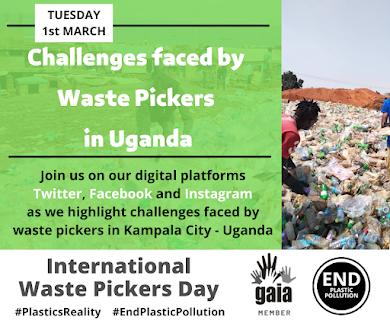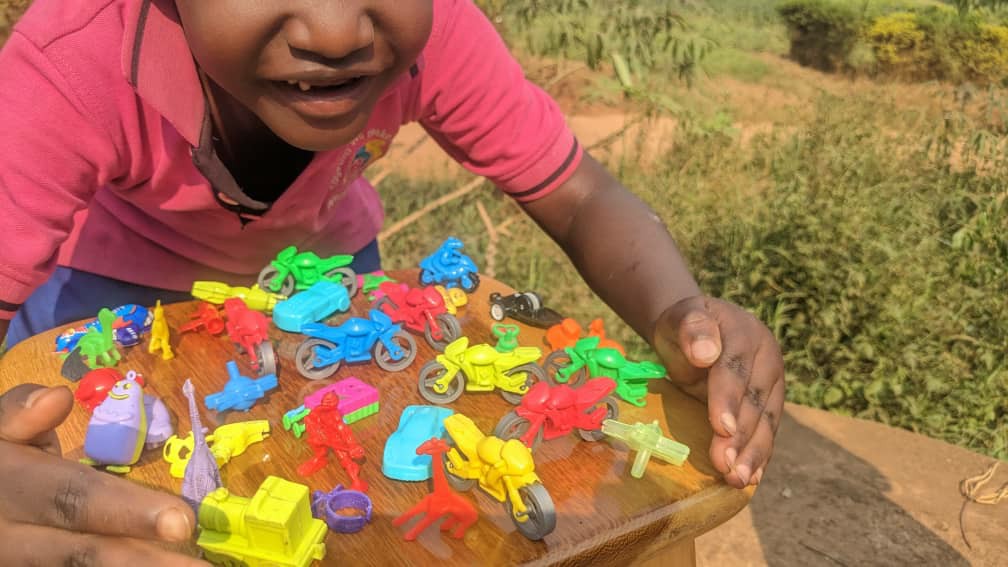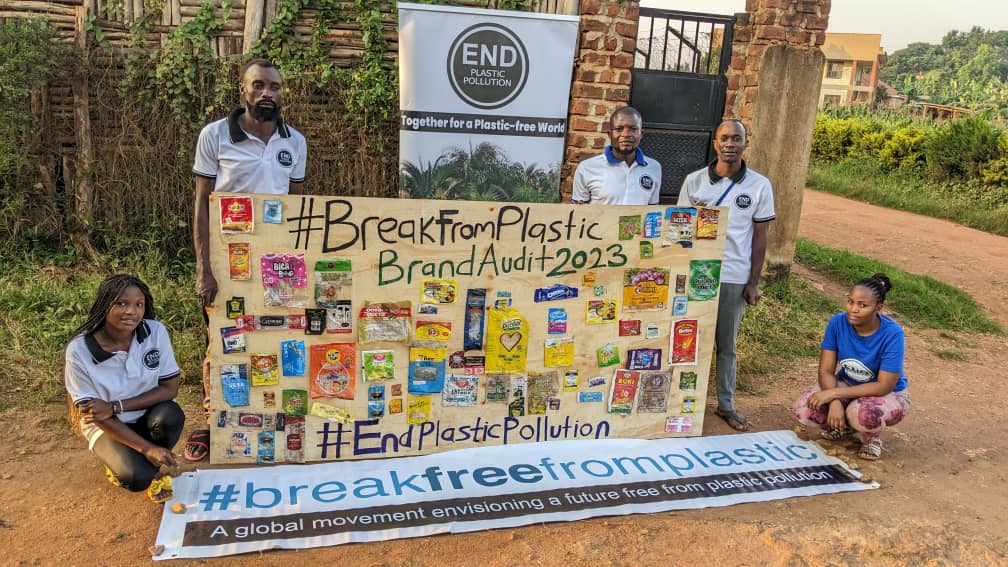While the fight against plastic pollution often takes center stage, a silent and profound revolution is happening in the realm of organic waste. Through the project to mainstream organic waste management in Uganda implemented in partnership with Global Alliance for Incinerator Alternatives (GAIA) + Climate and Clean Air Coalition (CCAC), End Plastic Pollution (EPP) is demonstrating that a true zero-waste system must address all waste streams, and their recent achievements in managing organic waste are turning food scraps into a powerful resource for community resilience and environmental health.
Moving beyond mere recovery, EPP has implemented a successful organic waste management program that transforms potential landfill waste into valuable compost, creating a closed-loop system that benefits both the environment and the community.
From Waste to Resource: The Power of Decentralized Composting
A cornerstone of EPP's success is the establishment of effective decentralized composting systems. Instead of allowing food scraps and other organic matter to be mixed with general waste—where they decompose in landfills and release methane, a potent greenhouse gas—EPP facilitates on-site processing with a 3 ton capacity facility constructed with support from GAIA and CCAC at The Kollekt Village.
Recent initiatives have showcased vibrant community participation, with members actively separating their organic waste. This waste is then processed in designated compost piles or bins given to household and the local market in Masuulita. The transformation is clear: what was once considered garbage is systematically broken down into dark, nutrient-rich compost. This process not only diverts waste from landfills but also creates a high-quality soil amendment locally and sustainably.
Cultivating Resilience and Food Security
The impact of this program extends far beyond waste metrics. The compost produced is a powerful tool for enhancing local food security and community resilience. EPP has highlighted how this "black gold" is being used to bolster community gardens and urban farming initiatives.
By returning essential nutrients to the soil, the compost:
- Enriches Soil Health: Improving soil structure, water retention, and fertility without relying on chemical fertilizers.
- Boosts Local Food Production: Supporting the growth of fresh, healthy produce within the community, reducing reliance on long-distance food chains.
- Empowers Communities: Provides residents with the means to actively participate in a sustainable food cycle, from waste separation to harvesting homegrown vegetables.
This initiative beautifully closes the loop, turning food waste into the very resource that grows more food—a perfect model of a circular economy in action.
A Holistic Zero-Waste Vision
EPP's work in organic waste management is a critical piece of their broader zero-waste strategy. It proves that a comprehensive approach must address every facet of our waste stream. By integrating organic recovery with their successful plastic waste programs, EPP is building a robust, community-proven model that:
- Drastically reduces landfill-bound waste.
- Fights climate change by preventing methane emissions.
- Restores local ecosystems through natural soil enrichment.
- Fosters community self-sufficiency and education.
End Plastic Pollution’s achievements in organic waste are a powerful reminder that solutions to our environmental challenges are within reach. By empowering communities to see waste not as a problem, but as a misplaced resource, they are not just cleaning up the environment—they are helping it thrive.




